Life at Pine View, One Story at a Time
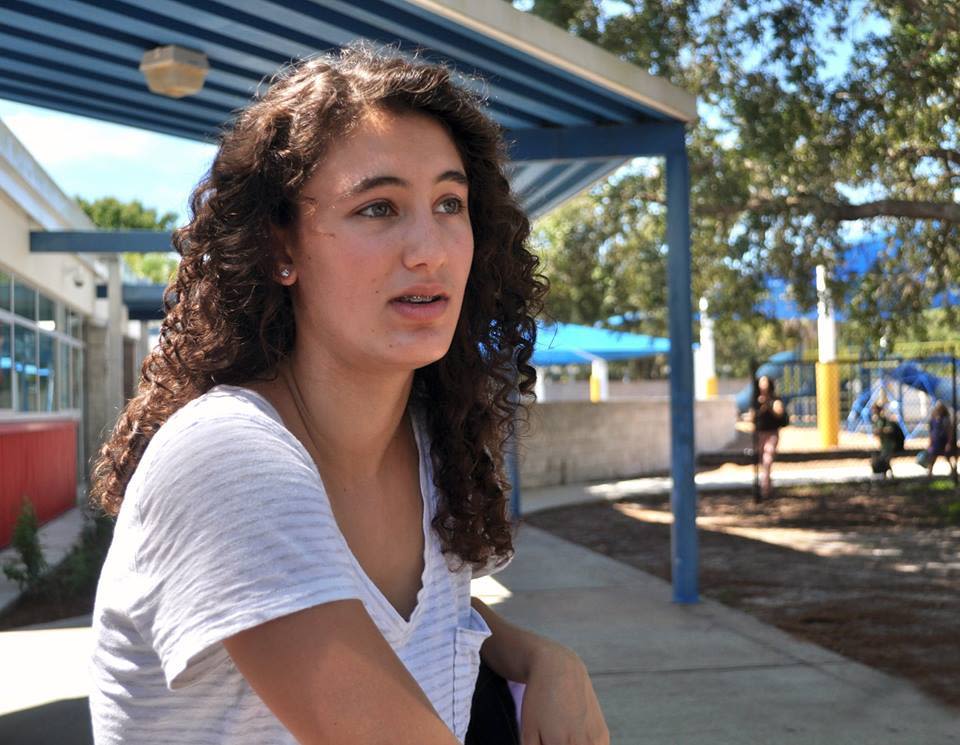
"Over the summer I stayed with different host families in Guatemala. In the last town I stayed, Cotzal, they were really poor. There's a lot of problems there with systematic discrimination against some of the Mayan people. People are still suffering from the war. The way they live, I can't even describe how different it is. It made me think about the problems I have—like when I'm upset over getting a B. My challenges are probably more about my grades and what I'm going to do for college, stuff like that. That's really trivial compared to the things they have to deal with every day. They don't know if they're going to eat. Their salary depends on whether or not they have a good crop that year. While I might be worrying about what I'm going to wear, they wear the same thing every day. It puts things into perspective."
Image: Humans of Pine View
Brandon Stanton’s ongoing photography project Humans of New York has paved the way for dozens of spin-offs and parodies. One local rendition was created by Pine View high school journalism students who banded together to respond to stigmas and stereotypes among peers.
Eleventh-grader Suzanne Brown, the creator of Humans of Pine View, is a member of the school’s Sensitivity Task Force, a group of students involved in campus clubs who seek to combat bullying and a toxic environment that sometimes influences Pine View, especially on social media. “We were all brainstorming ideas for the Force and I’d been thinking about a recreation of Brandon Stanton’s Humans of New York, which shares the stories of strangers on the street,” says Brown. “The purpose is to show that everyone has a story, and for Humans of Pine View I wanted to expand upon that and add some more positivity to social networks, especially Facebook, where a lot of negativity circulates.”
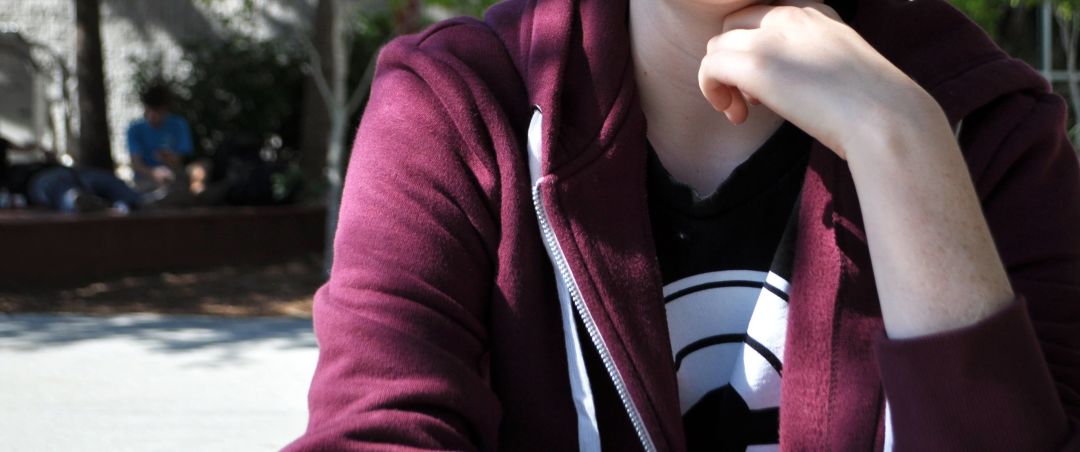
“It’s important to gain exposure and widen your horizons. To say to yourself: ‘I want to better myself as a person.' I need to experience these things that other people experience so that I can get a sense of what’s going on in the world. I can’t narrow myself into one corner and say, 'This is how the world works, and anything outside of it doesn’t work.'"
Image: Humans of Pine View
Brown is a staff member of The Torch, Pine View’s student-run newspaper and one of its two written journalism publications, along with the yearbook. Most of the stories are collected by other members of the Torch staff, with support of yearbookers. Each week, Brown assigns four students to spread out around the school campus to find a student, teacher or staff member. Each story, which is posted on the Humans of Pine View Facebook page, includes a quote, ranging in length from a single sentence to a long story, and a photograph, either of the subject’s face or an anonymous photo, possibly of a hand, a shoe, the back of a head or just cropped to not include the face. All of the posts themselves are anonymous, but in the small Pine View community, many students prefer to stay private.
There is a strategy to collecting stories, and Brown bases hers on Stanton’s, which he demonstrated at a college lecture in 2014. “You don’t just walk up to somebody and expect them to tell you all of their life’s struggles. You have to ask guiding questions that continue the conversation," Brown says. "People are reluctant to tell their stories, so you have to be smart about narrowing the questions down until you get a very genuine response." Staff are expected to begin with questions like, “What is your greatest struggle right now?" "What makes you happiest?" "What are you most looking forward to?" "What piece of advice would you give to someone?” Interviewers then narrow down their questions to more specific and personal queries as the interview goes on. This way, they receive honest quotes that hopefully reveal the complexities of the humans of Pine View.
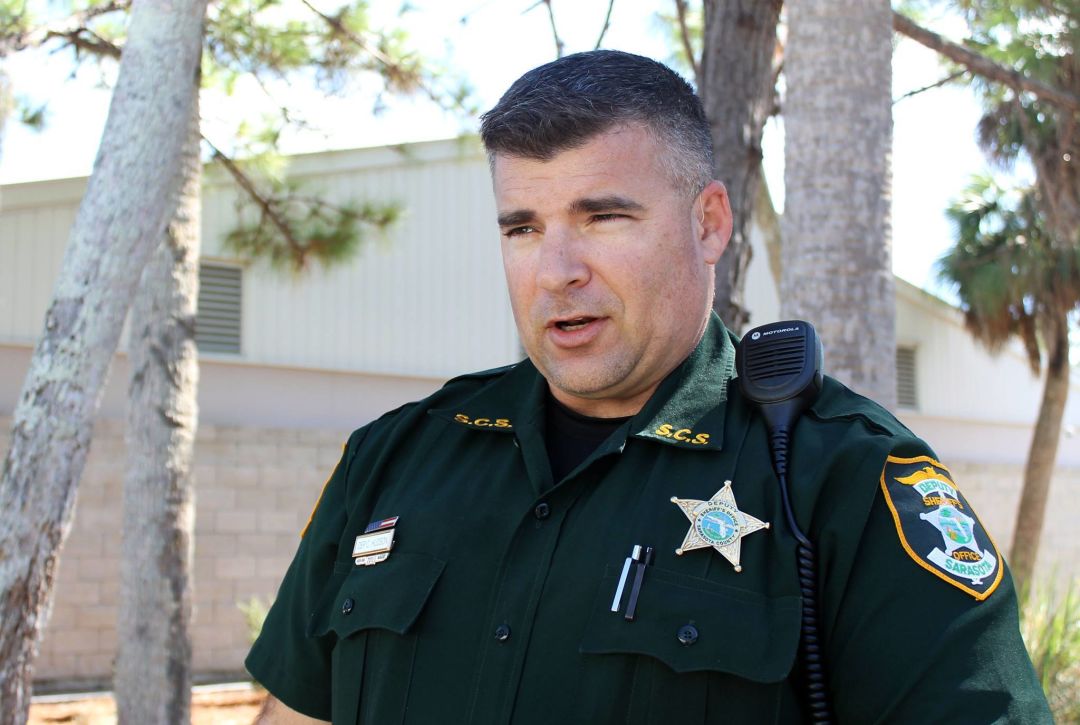
"I had to arrest a father who was abusing his child. His son was there when I made the arrest. He looked at me very disturbed and sad. He looked at me like I was the bad guy, even though I was the good guy, there to protect him from child abuse. That's why I wanted to be a school resource officer—to teach them that we're the good guys."
Image: Humans of Pine View
Posts cover a wide range of topics and emotions, from health problems to family issues, from happiness and friendship to depression and anxiety. “No matter whether the story is very happy or about depression, it’s important that these stories are shared, so that we all have a realistic picture of what people are going through,” Brown says. “The purpose of the project is to get a deeper understanding of the people around you and their experiences, and I think that people are starting to understand that.”
Allie Odishelidze and Annie Hassan are two members of the Torch staff who have collected several of the stories posted on the Humans of Pine View page. “It’s weird at first,” Odishelidze says. “You see people you know and ask them very personal questions, and when you see them again around school you feel like you know them on a personal level. I’ve gained a great understanding about how diverse thinking is around campus.”
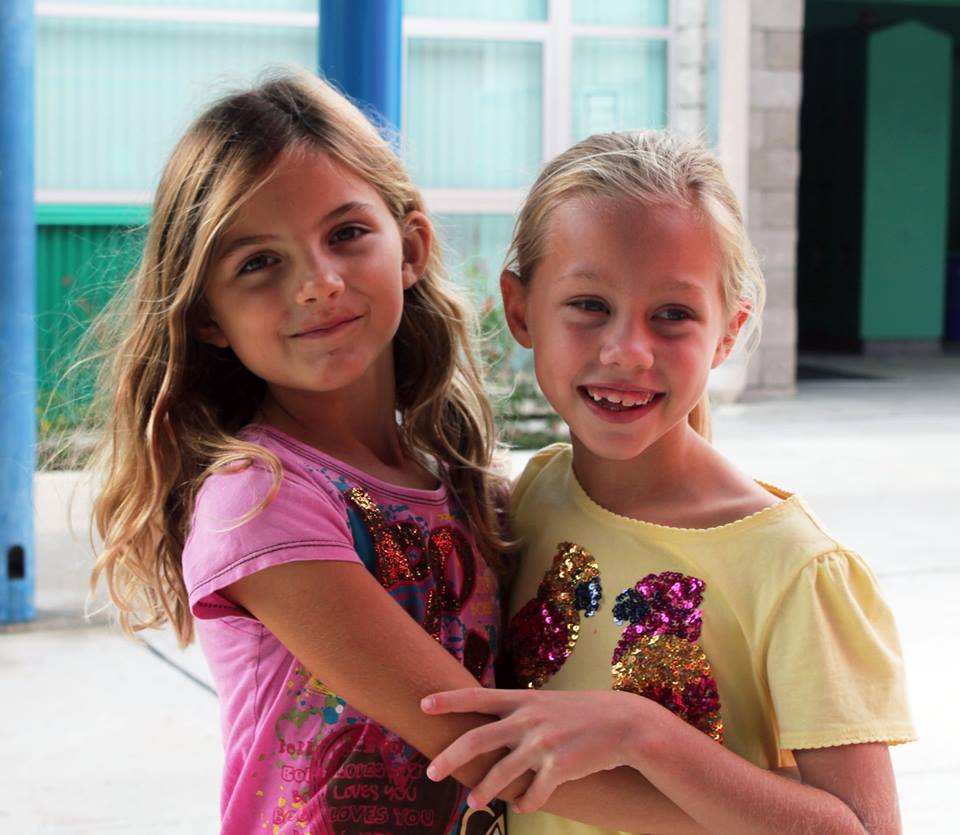
Image: Humans of Pine View
“When Suzanne first started the project I thought it was a great idea,” says Hassan. “We’re all the center of our own lives, but when we go out and talk to other people, we get to see their side.”
Brown has noted the impact that Humans of Pine View has had on her peers: “There’s so much positivity. When I initially launched the page, I had so many people come up to me and say, 'Oh my God, I love Humans of Pine View. I think the stories are really important.’”
The scope of the project has gone beyond Pine View, and many of the Facebook page’s 470 likes come from people outside the school community who simply enjoy the opportunity to read the students' stories.
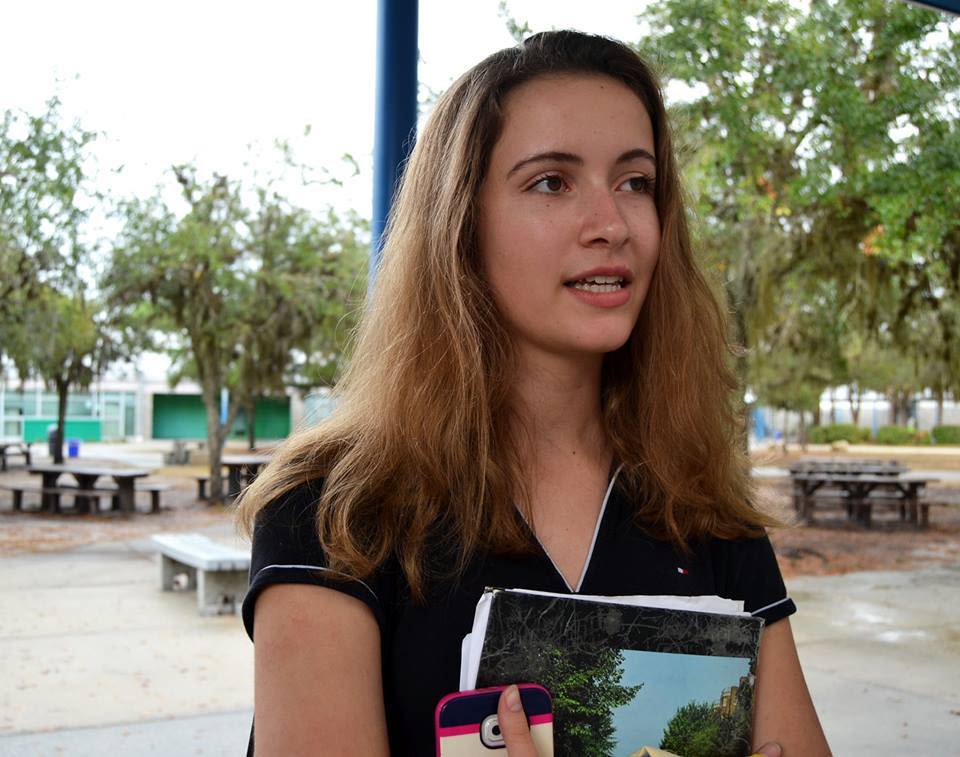
“Constantly comparing yourself to kids you think are amazing, it makes it that much harder to discover what you’re good at. Last year, when I kind of realized I would be applying to colleges soon, I realized that I would be just like any other white, straight, cisgender girl in America from an upper-middle class family. I’m very lucky for the privileged life that I have. But at the same time, I felt like I had nothing that made me special. I wasn’t as funny as everyone else. I wasn’t as smart as everyone else. I wasn’t as pretty. I wasn’t tall enough to be the tall kid, or short enough to be the short kid. I joked with myself, ‘I dress pretty well, but that’s really it.’ I felt like I had a really hard time finding myself and being OK with who I was. Being happy with yourself, no matter who that is, is important. Being happy with how funny, smart or pretty you are. There’s all these things that make up who you really are. It was something that I had to work to accept and embrace.”
Image: Humans of Pine View



